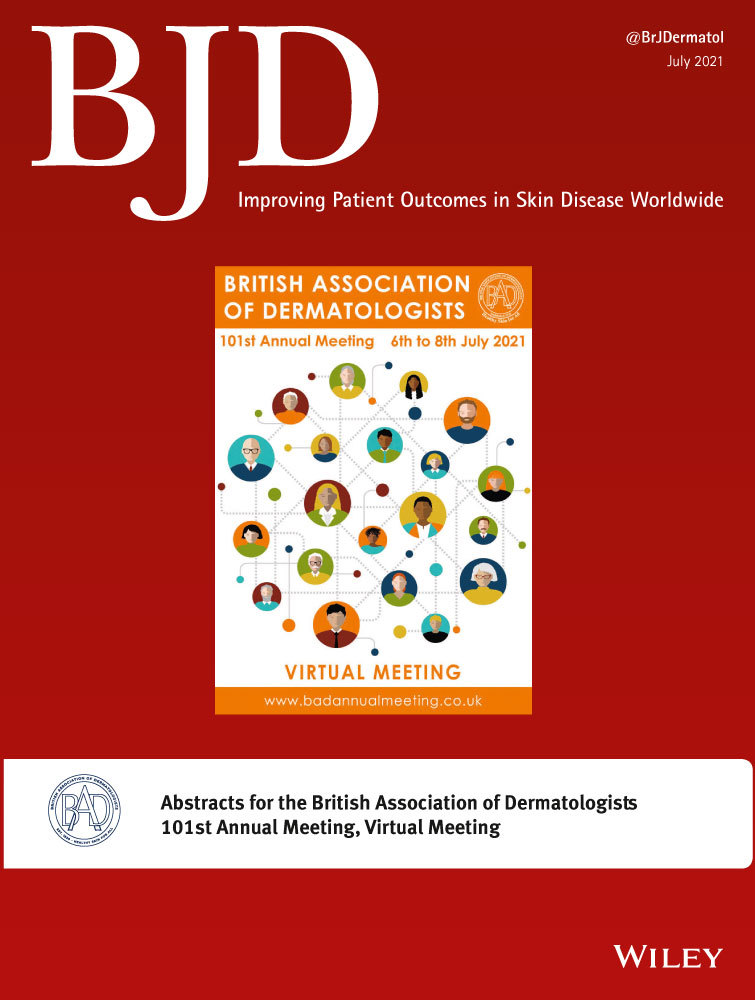GIRFT01: Money matters: assessing the value of the adalimumab biosimilar switch plan for dermatology patients
S. Gohil
Pharmacy, University Hospitals of Coventry and Warwickshire NHS Trust, Coventry, UK
The adalimumab biosimilar switch plan, actioned in the period 2018–19, was one of the most complex of all biologic switches. The originator biologic was considered to be a fundamental treatment choice for a range of complex conditions across several specialties. Such nonmedical switches are considered to ensure the best-value medicines are prescribed for patients in line with National Institute for Health and Care Excellence technology appraisals. Two years after the original switch proposal, this review explores the clinical value of the switch for dermatology patients vs. two other major specialisms: rheumatology and gastroenterology. In total, 403 patients were identified as eligible for the switch (rheumatology, n = 189; gastroenterology, n = 176; dermatology, n = 38) between April and December 2019. Biosimilar switch information was sent to patients via letters/hospital clinic follow-up reviews. Switch refusal, treatment cessation, withheld treatment and post-switch alternative management plan data were documented. Two hundred and thirty-five patients were switched successfully (rheumatology, n = 99; gastroenterology, n = 107; dermatology, n = 29). Sixty-four patients switched back to the originator biologic (rheumatology, n = 47; gastroenterology, n = 12; dermatology, n = 5). Of the 64 switch-back patients; 52% reported lack of efficacy; 27% reported injection site pain and 21% stated various other factors such as blepharitis, insomnia and hair loss as the reason for switching back. Thirty-eight patients refused the switch and remained on the originator biologic (rheumatology, n = 11; gastroenterology, n = 27). Thirty-one patients switched to an alternative biologic (rheumatology, n = 19; gastroenterology, n = 9; dermatology, n = 3). Thirty-two stopped treatment (rheumatology, n = 13; gastroenterology, n = 19). Treatment was withheld in three patients (gastroenterology, n = 2; dermatology, n = 1). Fifty-eight per cent of all eligible patients switched, resulting in a substantial annual cost saving. Dermatology achieved the most success, switching 76% of their patients. Injection site pain and a subjective lack of efficacy predominantly reported in 2019 are the main reasons for ongoing switch backs across the three specialties. Performing a thorough assessment of patients’ concerns will help in rationalizing the use of a biological agent vs. a biosimilar. There have since been further cost-effective adalimumab biosimilars launched, resulting in a quandary for healthcare professionals in light of the recent switch outcomes. This seminal review demonstrates the ongoing need for a robust critical appraisal of such biosimilars, with consideration of both clinical and cost-effective parameters, before establishing their placement in hospital treatment pathways.




